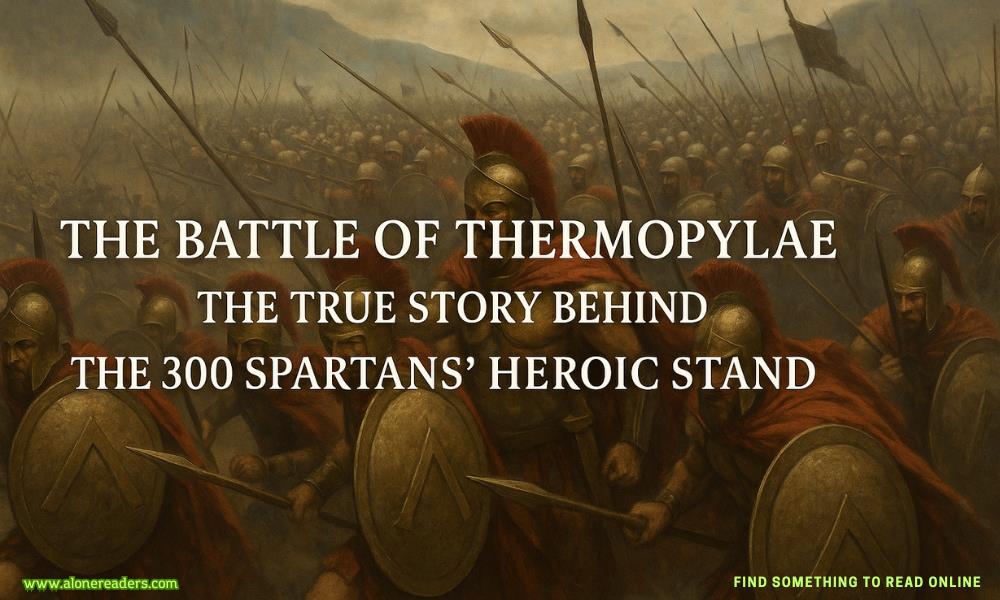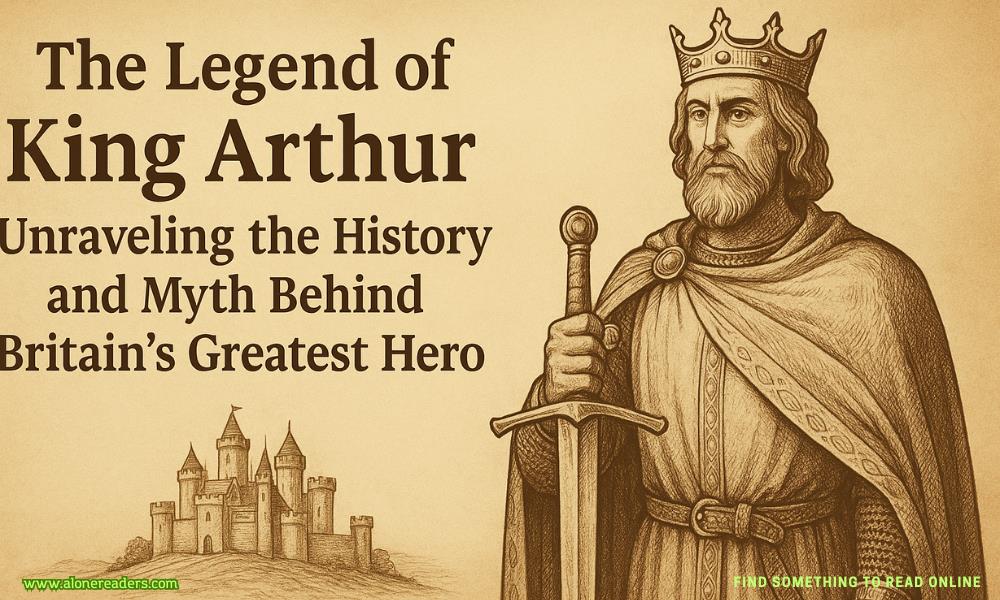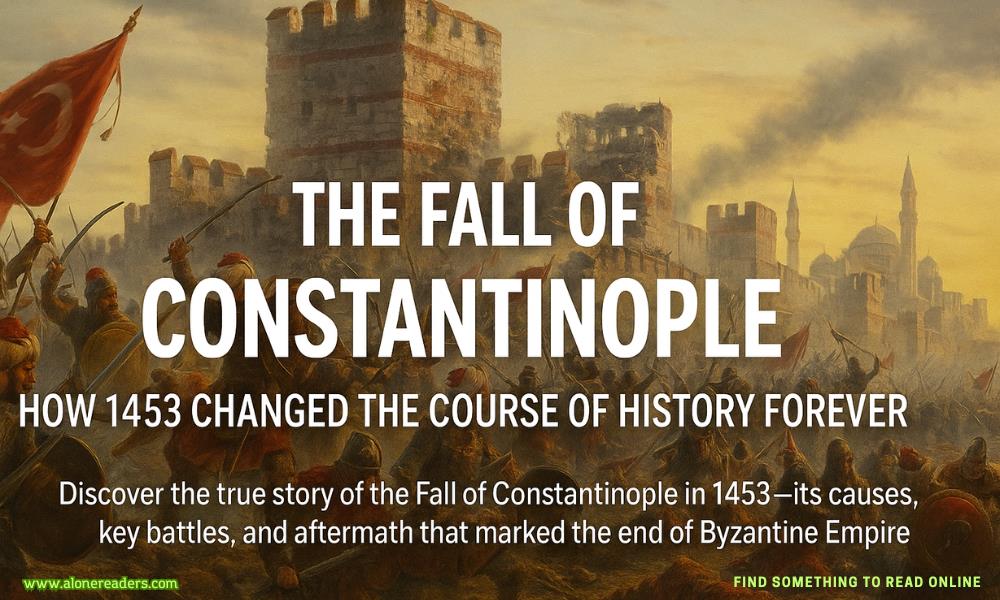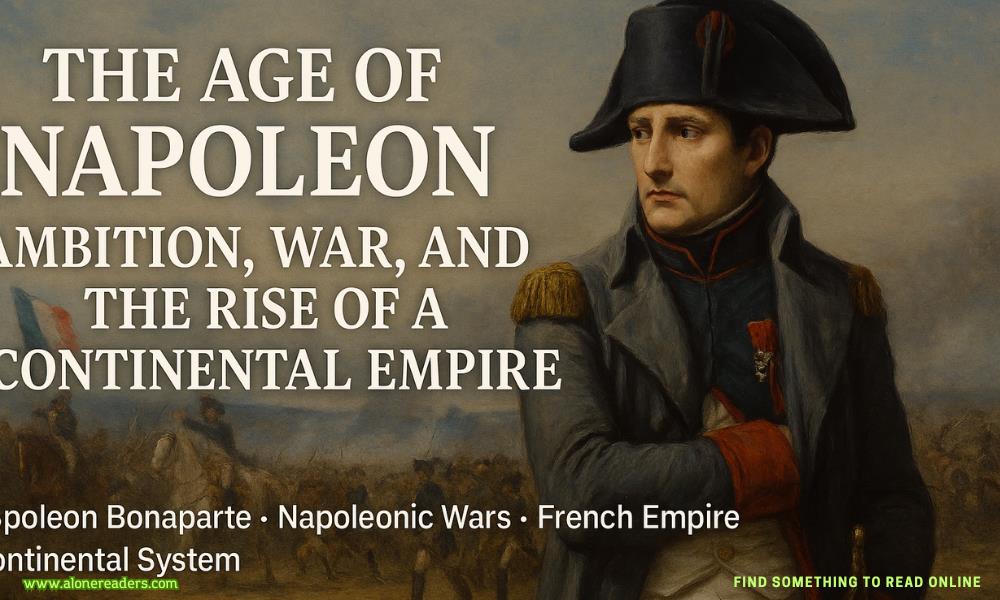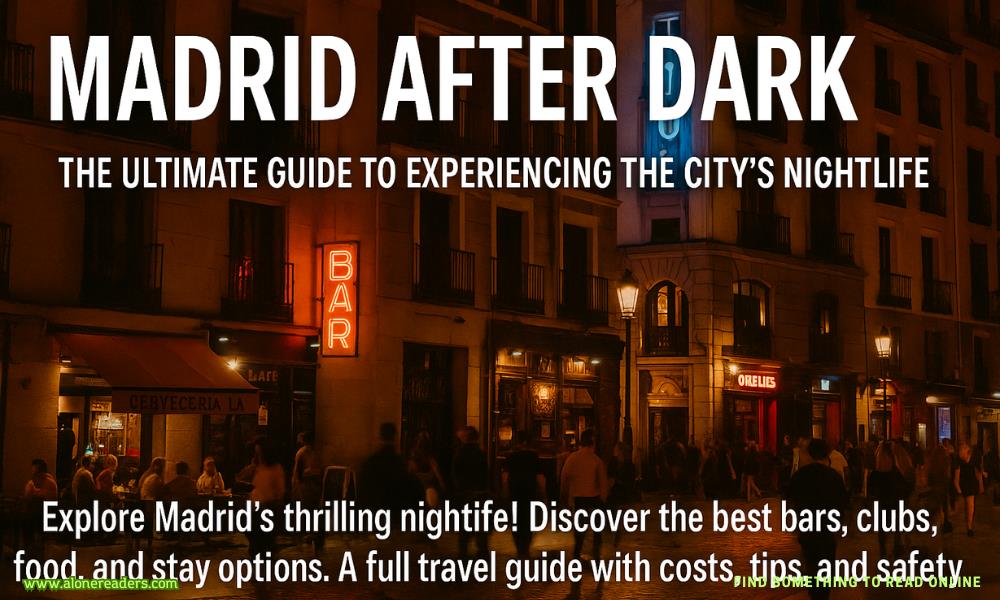Page 84 of Six Wild Crowns
Boleyn follows her gaze to the faces of the queens. One of them is now staring, unseeing, from eyes that were closed only a moment ago. She has brown skin and tight curls tipped with copper. She is taller than Boleyn, and stouter. She stares straight ahead, as though seeing into the future, or the past.
What truth do you seek, Queen of Brynd?
The voice doesn’t come from her mouth. It comes from the pools at Boleyn’s feet, using her body as a conduit. Mary closes her eyes, as if shutting out the sight will shut out the voice too.
“Am I speaking to a Queen of Elben?” Boleyn asks.
You are speaking to Me through one of my gifts.
“Goddess?”
Yes.
“Are you saying that these are – what – the first queens?” Mary says.
They were chosen by the people of Elben – six women, fierce and strong and free – to be blessed by my power. They were anointed in the Font high in the blessed mountains, and when they emerged mymagic flowed through them. They each took a stone from the Font – from me – and used them to build the six castles of Elben.
Boleyn remembers the moment she touched the spirit stone of Brynd, and the way she felt connected not only to every queen that had ruled that castle but to a deeper, older power too. She should have questioned, even then, that she felt nothing of Henry or his forbears. The goddess is speaking again:
Those queens protected my kingdom for many years, and when they passed away, my power was passed on to their chosen heirs. They were interred in this chamber. The vein of crystal that has always enriched this part of my island took on some of my power.
“This is the only crystal; the rest is garnets,” Mary says.
“There were no garnets before the massacre of Pilvreen,” Boleyn says, thinking aloud. She had always thought it strange that the blood of the massacred transformed into gems, for usually such transformations do not take place without the presence of magic.
Yes, the magic of mine that runs through this rock met the blood of your people and turned crystal to garnet.
“This is all wrong. The six consorts were a gift from Cernunnos to King Aethelred,” Mary says, sounding like a petulant child.
You were lied to.My queens were sovereigns in their own right, wielding my power to protect the land that I created.
“So there was never a king?” Boleyn asks.
Never. The sovereigns ruled as a parliament.
Boleyn remembers a snippet of history her mother once told her: that before it was turned into a palace, High Hall was a crossroads where the great of Elben could meet and exchange ideas. Back then, it was not called High Hall. That name is a bastardisation of its original name: the Hive. A place ruled by queens.
Something else occurs to her.
“You said you gave the queens your power in order to protect the island. Protect them from whom?”
“From Capetia and Quisto,” Mary says, her eyes still closed.
From the upstart Cernunnos. He was always a lesser god, but greedy, and envious of my vast powers. He craves glory and worship above all else.
“What did he do?” Boleyn asks. Mary extricates her hand from Boleyn’s grasp and paces to the other end of the cavern. She doubles over, retching against the cement that now blocks the passage to the mines.
Cernunnos took one of his followers, a man who was wed to one of the queens of Elben, and he taught him a trick, so simple that I didn’t see it until it was too late. He taught Aethelred how to persuade the world that women could not rule alone. That they needed a man to govern them.
Once Aethelred had persuaded the people of Elben, the sovereigns were forced to capitulate. Cernunnos taught Aethelred how to twist the magic that I had placed upon the spirit stones and the women who ruled them, so that their power strengthened him as well as protecting the kingdom.
“And you were forced out. Cernunnos won.”
Yes.
A hiss whispers around the cave. Boleyn can’t be sure if it’s an echo from the mines nearby, or an expression of the goddess’s fury. The space makes it impossible to hear where it’s coming from. She has so many questions. Did Queen Isabet find the cave too? If she did, was that the cause of her uprising? Was she executed for treason, or because she had discovered the truth? How much does Henry know? And most importantly, how can Cernunnos’s hold over Elben be broken?
The hiss turns into a rumble.
- Lily and the Duke by Carole Mortimer
- Claimed By Daddy by J.L. Quick
- Room One Hundred and Twenty-Five: All Access by Layne Daniels
- Pleasing Him by S.E. Law
- Knocked-Up Bratva Bride by Veda Rose
- A Touch of Fate by Cora Reilly
- Tamed By A Knight by Lena Little
- Forced & Knocked-Up Bratva Bride by Lexi Carter
- Forced Innocent Bride By the Bratva by Lexi Carter
- Chain Me by Bianca Cole
- Dirty Little Sinner by Samantha Barrett
- Sinister Promise by Zoe Blake
- Black Flag by Shey Stahl
- Happy Hour by Shey Stahl
- How to Deal by Shey Stahl
- Love Complicated by Shey Stahl
